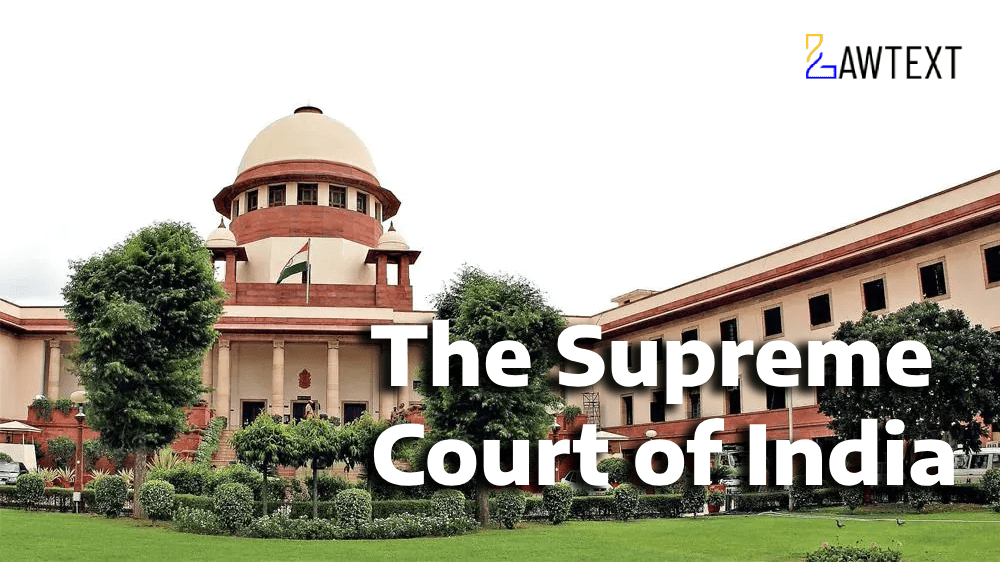

The Supreme Court quashed the FIR and complaint filed under the Pre-Conception and Pre-Natal Diagnostic Techniques (Prohibition of Sex Selection) Act, 1994, against Dr. Ravinder Kumar. The case involved allegations of illegal sex determination and termination of pregnancy at Dr. Kumar’s clinic in Gurugram. The search and seizure, which formed the foundation of the prosecution, were declared illegal as they were carried out based solely on the decision of the Civil Surgeon without the consent of the other members of the District Appropriate Authority, in violation of the procedural requirements under Section 30(1) of the Act.
Raid and Allegations: On 27th April 2017, a team led by the Civil Surgeon conducted a raid on Dr. Ravinder Kumar’s clinic based on allegations against a woman, Dhanpati, accused of running a racket for illegal sex determination and termination of pregnancies. The raid involved a decoy patient and led to the arrest of Dhanpati and another nurse, Anju. The FIR claimed that Dr. Kumar signed an ultrasound report confirming the foetus’s sex.
Procedural Challenge: The defense contended that the raid was illegal as it was authorized solely by the Civil Surgeon without the consent of the other members of the District Appropriate Authority, as required under the Pre-Conception and Pre-Natal Diagnostic Techniques (PCPNDT) Act, 1994.
FIR and Complaint: The FIR was registered under Section 23 of the PCPNDT Act, and a complaint was filed by the District Appropriate Authority. Dr. Kumar filed a petition to quash both the FIR and complaint, which was initially denied by the High Court.
Supreme Court Decision: The Supreme Court ruled that the raid was unauthorized and illegal as it was not conducted by the entire District Appropriate Authority, thus violating Section 30(1) of the PCPNDT Act. Consequently, the Court quashed both the FIR and complaint.
The Supreme Court emphasized that the power to search and seize under the PCPNDT Act must be exercised strictly by the entire District Appropriate Authority, not by individual members. Since the Civil Surgeon acted unilaterally, the search and seizure were illegal. The Court held that any evidence obtained through an illegal search could not form the basis of prosecution, resulting in the quashing of the case.
#Procedural Lapse
#SexDetermination #IllegalRaid #PCPNDTAct #MedicalLaw
Citation: 2024 LawText (SC) (9) 123
Case Number: CRIMINAL APPEAL NO. 3747 OF 2024
Date of Decision: 2024-09-12
Case Title: Ravinder Kumar Versus State of Haryana
Before Judge: (Abhay S Oka J. , Augustine George Masih J. )
Appellant: Ravinder Kumar
Respondent: State of Haryana